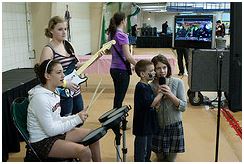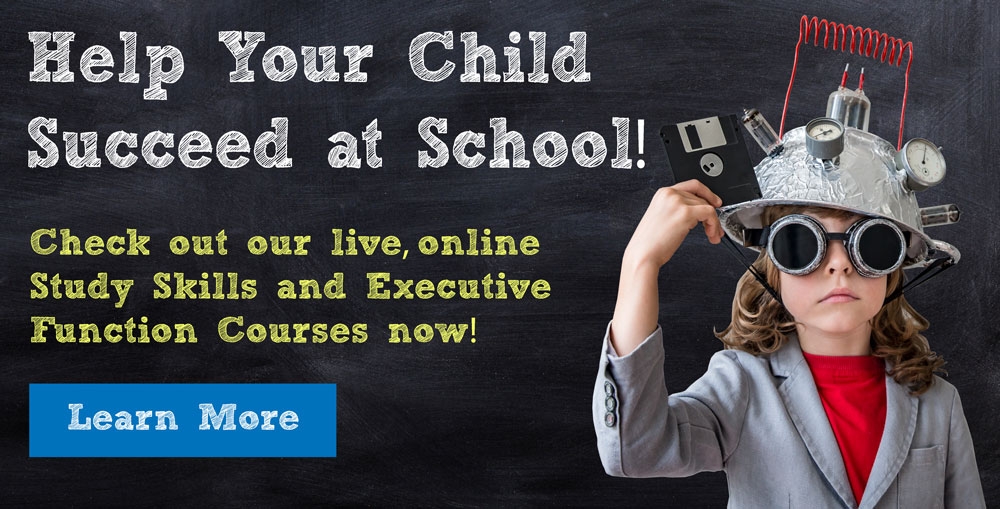What are Social Awareness and Social Thinking skills? Social Awareness and Social Thinking skills – refers to a child’s ability to understand, make judgments about, and have impressions of the people around them and the social interactions they encounter. This skill is executed through observation of one’s environment and often utilizes knowledge gained from previous social encounters. Social Awareness/Cognition is often expressed through eye contact, social gestures (e.g., waving, pointing, sharing, showing), facial expressions, and age-appropriate use of language in conversation. Impaired Social Awareness/Cognition does not necessarily imply an overall delay in intellectual functioning, but rather can be a focal weakness in social functioning.
Significant deficits in Social Awareness and Social Thinking skills are seen in children with Autism Spectrum Disorders. Other conditions associated with deficits in Social Awareness and Social Thinking skills include anxiety disorders, some intellectual disabilities, and ADHD. These children are not easily able to interact with those around them in a typical way, although their social behaviors may appear more typical when they interact with small numbers of people or with very familiar people. Sometimes, difficulties with Social Awareness and Social Thinking skills are paired with moderate to severe expressive and/or receptive language delays, especially in younger children.
At school, children who struggle with Social Awareness and Social Thinking skills likely have trouble making and keeping friends, may not notice subtle social cues that other children notice (e.g., negative body language), and their behaviors and interactions may “stick out” as atypical in a group of socially capable children. These children are less able to play and share with other children, may always prefer to play independently, and may not understand the emotions or social choices of other children.
At home, children who struggle with Social Awareness and Social Thinking skills may avoid eye contact, may appear as they are not listening or are frequently “checked out” from the social interactions of family members. Parents and siblings may not feel like it is difficult to make a social connection, or to emotionally engage, this child. Across all environments, these children may have difficulty following instructions and social norms (e.g., initiating a conversation), may easily become frustrated or withdrawn, and often need support from an adult to complete social tasks that other children do spontaneously (e.g., share an item with another child, or ask another child a question).
Social Awareness and Social Thinking skills are identified in a number of theories.These skills have recently been reexamined by Russell Barkley in his new book, Executive Functions. Social thinking skills have also been identified by Lezak (1995) as a means to participate in “socially responsible…conduct.”
Neuropsychological assessment of social awareness skills is seen on measures such as the Affect Recognition Test of the NEPSY-II, the Thematic Apperception Test, and the Roberts Apperception Test. Metacognition is measured in tests such as the D-Kefs Sorting, 20 Questions, and Proverb subtests.
The Executive Skills Questionnaire has a scale that measures social thinking, perspective taking, and the capacity to recognize other people’s feelings and behaviors. The Brown ADD Scales have a monitoring and self-regulating action scale that taps into both impulsivity and the capacity to control one’s actions. The Barkley Deficits in Executive Functioning Scale has the self motivation scale that reflects self-determination and, to some degree, social comprehension.
Check out these resources to learn more about Social Awareness and Social Thinking skills.
LearningWorks for Kids: The premier resource for executive function information, offering a detailed explanation of social thinking, tips for parents, and activities to improve this skill.
Everyday Health Network: Author provides five tips to help children, specifically those with ADD/ADHD, successfully develop their social skills.
Receive online class information and helpful tips from Dr. Randy Kulman's LearningWorks for Kids |





